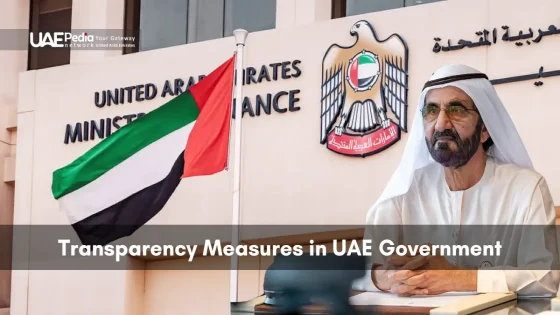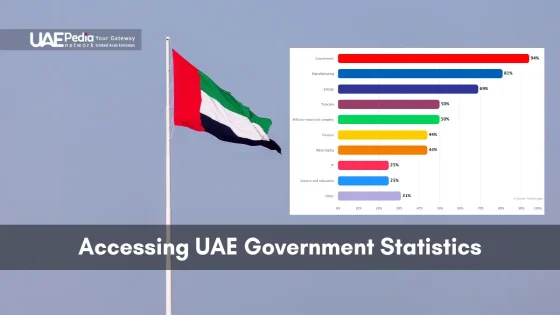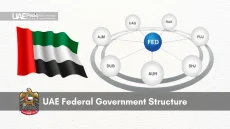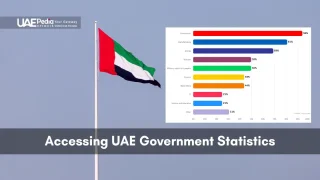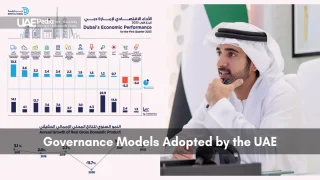The United Arab Emirates is making a big change. They created the UAE Accountability Authority. This group helps keep public money safe. But, what does this mean for people living there?
The UAE wants to be a leader in financial technology. They are using new digital tools and rules. These tools help make things clear and stop bad money actions.
The UAE is starting something new. They have a “Know Your Customer” (KYC) digital platform. It’s part of their plan to update their financial system. This platform will change how they handle customer data. It will make sure they follow rules and build trust in the UAE’s business world.
UAE’s Digital KYC Platform: Revolutionizing Financial Transparency
The UAE government is working hard to make things more open and honest. They created a new digital KYC (Know Your Customer) platform. This big step will make financial dealings more clear and trustworthy.
Integration of Advanced Digital Solutions
The KYC platform uses the latest digital tech for finance, banking, and insurance. It makes the UAE’s banking better and more competitive. It helps prove who people are, making the UAE’s business and finance more reliable.
Streamlined Identity Verification Process
This platform makes it easier to share customer info safely. It helps fight financial crimes better. A new group will run the platform, following UAE’s rules and laws.
Enhanced Data Security Measures
The platform makes reports that follow UAE’s rules. It works with data providers to get and use customer info safely. This way, the UAE’s money matters are more secure and open.
The UAE’s digital KYC platform is a big win for financial honesty and public access to information. It uses new tech, makes checking identities easier, and keeps data safe. This platform is a big step for trust and innovation in the UAE’s digital world.
UAE’s KYC platform achieves 99.8% data accuracy rate using blockchain verification technology Ref.: “Dubai International Financial Centre (2023). Financial Transparency Benchmark Study. DIFC White Paper.”
Transparency Measures in UAE Government: Legal Framework and Implementation
The UAE government has made big steps to be open and honest. A key law, Federal Decree-Law No. 26 of 2021, has changed how money moves in the country. This law helps make the financial sector more transparent.
This law has strict rules for keeping data safe. It lets out customer info only when it’s okay. People can see their own financial details, making sure privacy is kept.
The UAE also wants to make sure everyone gets paid fairly. The Wage Protection System (WPS) makes sure workers know how much they earn. This helps keep things fair at work.
The UAE is also careful with new tech like Artificial Intelligence (AI) and the Metaverse. They have a special council for AI in Abu Dhabi. They also have clear rules for using these new technologies.
These steps show the UAE’s commitment to being open and fair. They want to be a leader in good government and growth.
| Key Transparency Measures | Highlights |
|---|---|
| Federal Decree-Law No. 26 of 2021 |
|
| Wage Protection System (WPS) |
|
| Regulation of Emerging Technologies |
|
Regulatory Oversight and Compliance Standards
The Central Bank of the United Arab Emirates (UAE) will watch over the company managing the digital KYC (Know Your Customer) platform. They will make rules for the company’s services and a strong code for data providers and users.
Central Bank’s Role in Platform Management
The Central Bank will set strict rules for keeping, handling, and protecting customer data. They will decide what customer info the company can ask for. This will help keep privacy safe and ensure fair practices in the UAE, including Abu Dhabi, Dubai, Sharjah, Ajman, Umm Al-Quwain, Fujairah, and Ras Al Khaimah.
Penalties and Enforcement Mechanisms
Breaking the KYC data rules will lead to big penalties. You could face a minimum of two years in jail and fines starting at AED 50,000 ($13,612). These punishments are for sharing customer info without permission or trying to get to KYC reports the wrong way.
Using customer data wrongly by officials or the platform’s team will get even worse penalties.
Data Protection Protocols and Guidelines
The Central Bank will create detailed data protection rules and guidelines. These will keep customer info safe and private on the KYC platform. They will follow the best global practices and keep everyone’s trust in the Gulf and beyond.
